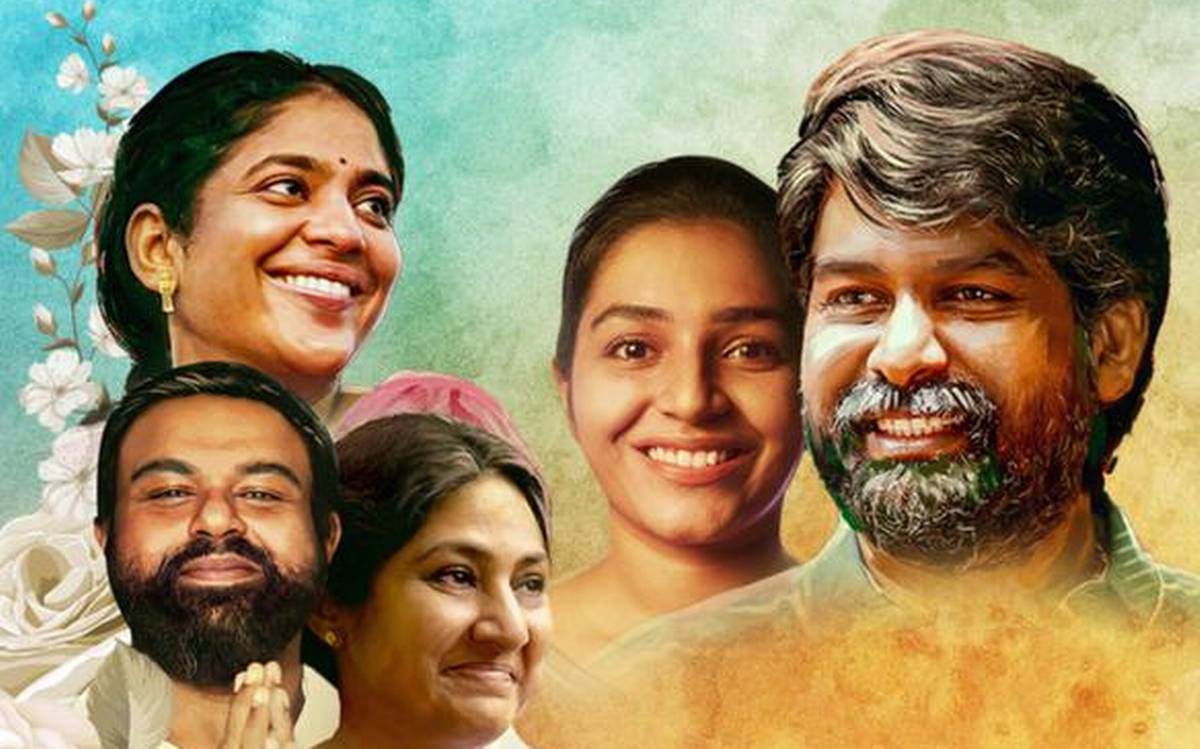Freedom can mean a million things, depending on who you are asking questions. The response will depend on everything from their direct concerns, their social and economic situations and the level of education and exposure. Freedom of one type or another should be a common strand that connects five segments in this film analology. But in some segments, it’s not very clear on the surface, while on some others, it’s on your face or almost nothing.
For example, the ‘old house’ geo, the best segment and subtlest of five, baby (Joju George), a retired, struggling with diabetes and memory that slowly faded, but he really needed sweet food. His wife Lali (Lali.PM), on the other hand, finally found the time to do the things he always wanted, especially running a small home based business, now his children are resolved in their lives. The simple desire is just not easily achieved for the couple, especially because of the expectations of the people around them, including each other. Dhanu (Rohini), househelp with the part of the problem itself, seems to understand both of them better.
In accordance with the subject, which is based on the real-life struggle of ‘Pencoottu,’ unmanaged female workers in Kozhikode, ‘Asanthadithar’ directed by Kunjila Maschilamani uses a mixture of cinematic narratives and a wise documentary style. It captures the construction of slow anger, and the formation of a movement, when women protest the lack of access to the toilet and dare to mock their male employers. Even though it was a little trapped after the point, Srinda, the real life leader of ‘Pencoottu’ Viji.p and the band of women keeping flowers live with their hearts in the middle of all the struggles.
In ‘Geethu Unchained’, directed by Akhil Anilkumar, Geethu (Rajisha Vijayan) was fed up with satisfying the expectations of the community. He wanted not to repeat the mistakes that someone else, including his mother, had made it. But, it wasn’t easy for him, with a boyfriend who changed his color after their engagement, a colleague who developed interest in him, and a mother who constantly determined things to him. This is a type of film that attracts many young men, and can be praised that the maker does not force a happy late.
Jithin Issac Thomas ‘Pre Thoo Mu’ pulls his title from the classic opening line o.v.vijayan from ‘Dharmapuranam’. The septic tank was clogged at a minister and his attitude towards the people who came to clean it, made one man rebellious. This is a non-equivalent battle, but years of oppression and insults may be too difficult for ministers to be taken. Jithin’s film, visualized in black and white, intended to be surprising and amazing viewers, but some of the trials looked somewhat too forced, despite a very important problem being tried.
Frances Louis’s ‘Ration’ tried to highlight inequality through a story centered on food sharing between two neighboring households. The consumption of wasteful and struggle to get daily bread placed side by side, with a striking contrast to make a striking impact when most of the population must depend on the ration to survive everyday life.

